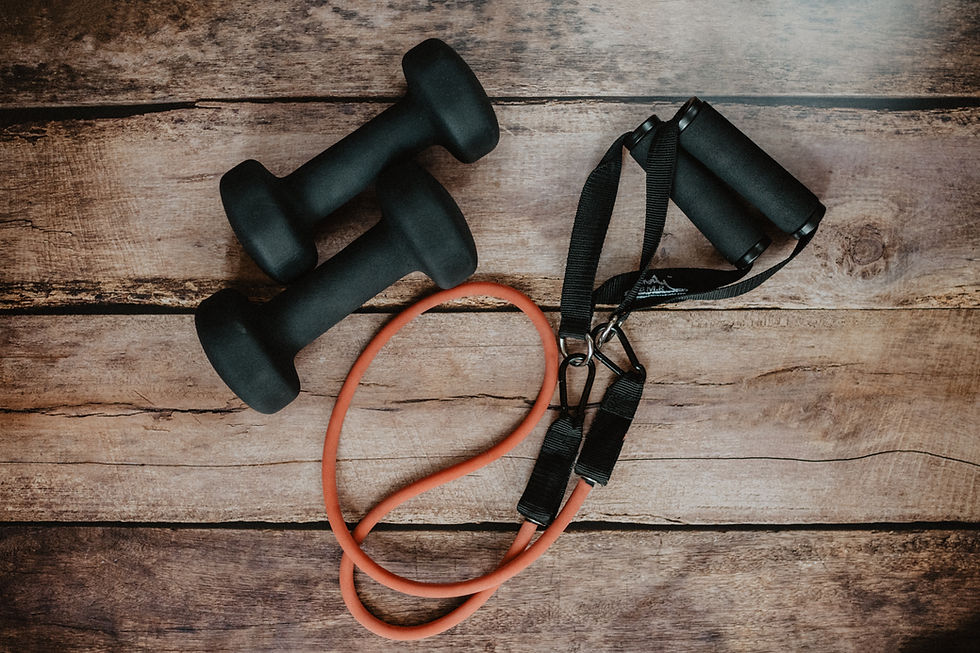Behind Bloating: What's Causing Your Stomach Problems?
- Erica Brown
- Dec 7, 2021
- 3 min read
I cannot count the number of times that I’ve woken up during the middle night with intense stomach pain. I’ve considered lactose intolerance, Celiac disease, and much more, but none of these was the answer. I noticed that eating corn really bothered my stomach, so I cut it out. However, every Monday morning, I still woke up gassy and bloated. And then I realized that every Sunday night after my Chipotle shift, at 10:30 pm, my friends and I ate two bags of large chips with a large side of guacamole. So for two months, my late-night snacks put me in constant pain. Chipotle chips are notorious for containing ungodly amounts of salt, and guess what excess sodium causes? Bloating. When we eat too much salt, our body holds tight onto fluids and food, therefore causing us to bloat. Many other factors could be contributing to your stomach pain, so read this article to find out more.
One very common issue, and also one that I personally struggle with (if you can’t tell, I have a very sensitive stomach) is soda and other carbonated beverages. You may have already guessed this, but soda contains carbon dioxide in the form of gas. So when you’re drinking soda, you’re literally swallowing gas. Often, that gas can escape as a burp, but when the gas gets to your stomach, it has nowhere else to go- which causes bloating. A similar thing happens when you eat too fast. When you’re inhaling your food in the blink of an eye, you’re also inhaling a bunch of gas, including carbon dioxide, along with that food.
We’ve talked about soda, sodium, and fast eating, so you have already been able to eliminate three possible reasons behind your bloating. Overeating (again something I do a lot) could also be causing it. Your stomach actually isn’t that big, so when you eat more than it can carry, it stretches. Rapid weight gain can also cause bloating. If you gain more than ten pounds in a year, it takes some time for your body to adjust to that weight since it normally goes to your stomach.
The Three F’s: fructose, fat, and FODMAPs are the less common issues that can be the source of your bloating and gas. Fructose and fat are both complex molecules-- meaning that it’s harder for your body to break them down. The consumption of too much fat also can lead to rapid weight gain, which we already discussed. FODMAPs are specific types of carbohydrates that are digested at the end of your intestinal tract, so bacteria can help break them down. They’re in foods like asparagus, mangoes, garlic, wheat pasta, and many more. This is much less common but eliminating these foods from your diet to see if it causes any changes can help target the problem.
The actual pathophysiology behind gas and bloating is very complicated as there can be multiple reasons for it, and the digestive system itself contains many parts. When gut microflora, the millions of bacteria that live in your gut, are even slightly disturbed, it could create a huge impact on your bloating levels. There is a normal amount of natural intestinal gas that varies for each person as we ingest carbon dioxide, methane, nitrogen, oxygen, and hydrogen throughout the day.
There are certain diseases that bloating can be a symptom of, so if you have other issues, such as abnormal bowel movement and sensitivity to particular foods, gas might not be the main problem. Irritable Bowel Syndrome, or IBS, is the most well-known of these intestinal disorders. It’s the result of an overly sensitive colon, and if your doctor diagnoses you with this, good luck because it’s a long-term disorder. Like I previously mentioned, Celiac disease, which is caused by gluten intolerance, and lactose intolerance, the inability to digest food with the lactase enzyme (most common in dairy products like milk, cheese, yogurt, ice cream), are also common causes of particularly bad bloating and gas. This only applies to us women, but PMS also tends to give me especially painful gas. Our hormones, for some unknown reason, want to hold on to water, which causes bloating.
What most professionals recommend doing is to target certain foods known for causing bloating and eliminate them from your diet for about two weeks to see if you notice any changes. If this doesn’t work and you have other symptoms along with gas/bloating, see a doctor to get tested for an underlying cause.
If you ever feel insecure about bloating problems, you shouldn’t because mine are probably even more embarrassing. Also, don’t forget the TikTok: “All hot girls have stomach problems.”




Comments